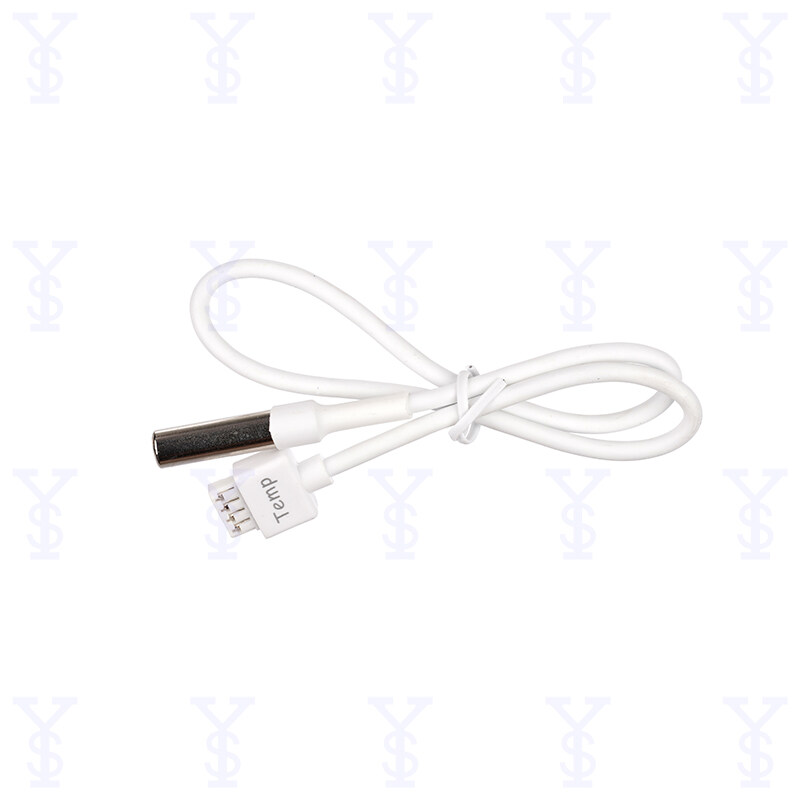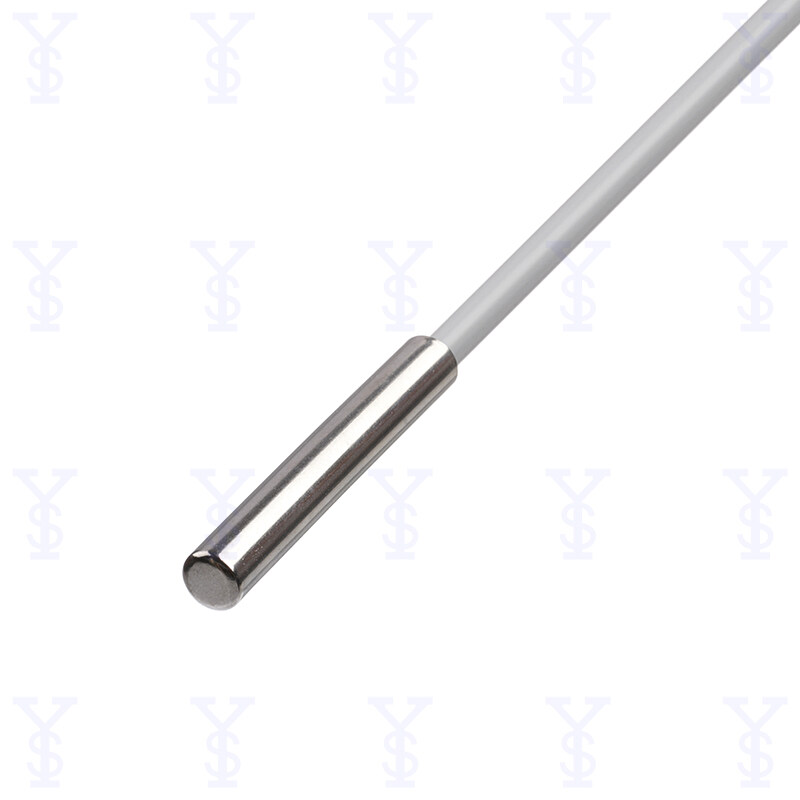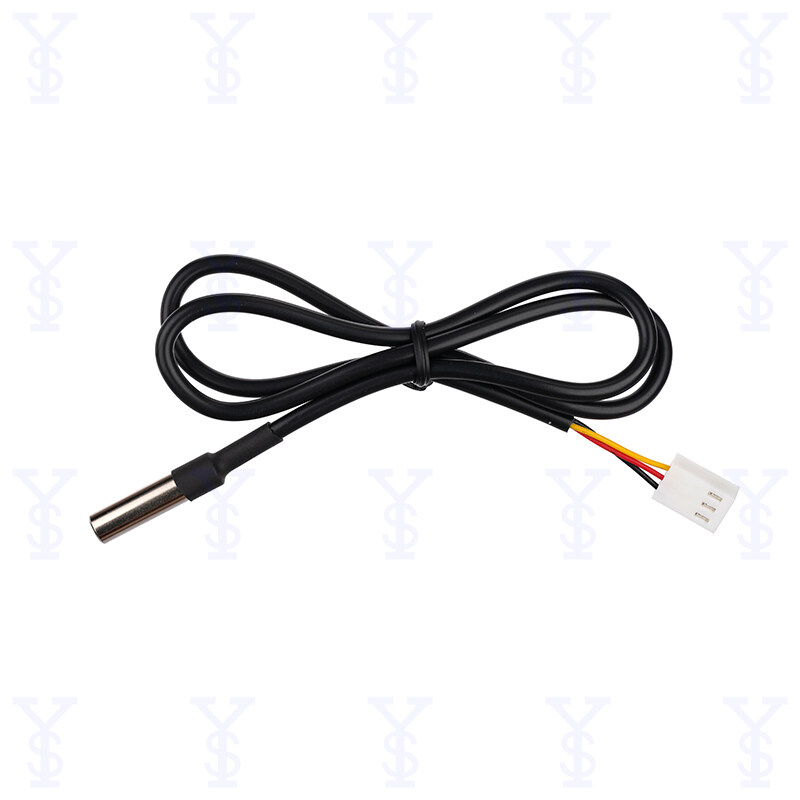ʻAʻole hiki ke nele ka leka uila
ʻAʻole hiki ke nele ka ʻōlelo huna
Hapa ka hoʻopono leka uila
ʻAʻole hiki ke nele ka leka uila
Loaʻa ka leka uila
6-20 mau huapalapala (nā leka me nā helu wale nō)
ʻAʻole kūlike ka ʻōlelo huna
Hapa ka hoʻopono leka uila
ʻAʻole hiki ke nele ka leka uila
ʻAʻohe leka uila
6-20 mau huapalapala (nā leka me nā helu wale nō)
ʻAʻole kūlike ka ʻōlelo huna
One Wire Digital Temperature Sensor Ds18B20
1-Wire Bus Protocol Temperature Sensor For Robot Industrial
The 1-Wire bus protocol, which is utilized by the DS18B20, only needs one control signal for communication. To avoid the bus port being in a 3-state or high-impedance condition, the control signal line needs a wake-up pull-up resistor (the DQ signal line is on the DS18B20). The microcontroller (master device) in this bus system recognizes the bus's devices by their 64-bit serial numbers. A bus may potentially support a limitless number of devices because each one has a distinct serial number.
Digital Temperature Sensor For Boiler, Clean Room And Machine Room
The DS18B20 output signal is stable and does not attenuate over long transmission distances. It is suitable for long-distance multi-point temperature detection. The measurement results are transmitted serially in the form of 9-12-bit digital quantities. It has the characteristics of stable performance, long service life, and strong anti-interference ability.
Greenhouse Temperature Sensor
The temperature readings from the DS18B20 temperature sensor are 9-bit (binary), suggesting that the device's temperature data is either sent to the DS18B20 temperature sensor via the single-line interface or that it is sent out from the DS18B20 temperature sensor. As a result, just one line (plus ground) is required to connect the host CPU to the DS18B20 temperature sensor, and the data line itself can act as the sensor's power source in place of an external power source.



